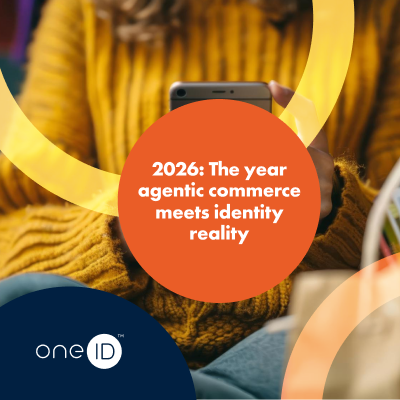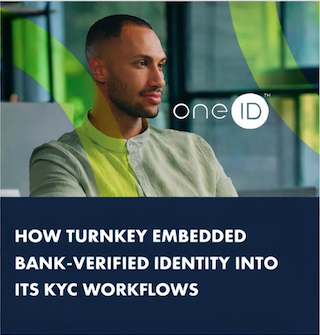Three and half years since Open Banking became a compliance obligation for banks and the goal to transform payments and financial management is well in progress.
It’s predicted by PwC and the Open Data institute that 71% of all SMEs in the Uk will have adopted Open Banking by 2022, by which point the revenue opportunities created will have reached GBP 7.2 billion.
The past year has contributed greatly to this growth and the developments in Open Banking are clear to see.
For banks, the introduction of Open Banking initially meant increased regulatory compliance work. But as usage and popularity increase, it’s becoming clear that Open Banking presents new opportunities for banks.
Larger banks are beginning to prioritise Open Banking, seeing its importance not only from a regulatory compliance perspective but as a strategic business opportunity as well.
The true potential of Open Banking is beyond simple account aggregation and payment innovation benefits that have already been delivered. It will lead to innovative products and services that enrich the engagement and interactions banks have with their customers, developing new functionalities and experiences.
This has not escaped the attention of stakeholders within the industry, with HMRC recently launching a request for information to explore the uses of Open Banking to deliver a wide range of public services.
One such strategic opportunity lies in digital identity data. Open Banking lays the foundational infrastructure for the provision of an assured digital identity for all Uk citizens, something sorely lacking at present.
At best, a lack of simple and secure identification means frustrated customers and lost business, and at worst it leaves individuals unable to access key online services such as healthcare and education.
A report by Mckinsey found that good digital identity provision will improve access to financial services and employment, reduce fraud, improve productivity, as well as unlock economic value equivalent to 3% of GDP in the UK amongst many other benefits.
By leveraging the potential of the Open Banking ecosystem to tackle this social and economic imperative and create a digital identity solution that is simple and secure, the Uk could achieve these outcomes.
Such a solution can be delivered by building upon the already established open API model.
Banks are trusted by their customers to keep their money safe.
This model will give banks the chance to build this reputation of trust by keeping a strong focus on data and cybersecurity. Acting as the trust custodian provides a return on investment for the significant technical work already undertaken by the banks to develop open APIs, and most significantly allows them to create more value for their customers.
Instead of operating in isolation, banks have the chance to collaborate with other players in the Open Banking ecosystem, using open APIs to create easily processable data for third parties.
This data will also help internally to gain insights for innovations to products and services that better fit with their customer’s wants and needs.
For our team at OneID® the wider social benefit of such a solution is the main driver of our everyday work building and launching OneID, an open digital identity platform in the UK.
For banks, this is a chance to add to their social impact. A bank assured digital identity could be used to achieve the ‘open philosophy’ Open Banking champions so strongly, improving lives across society.
Adopting this role as the trusted data provider also gives banks the chance to clean up their customer data. For a while, banks have struggled with low data quality in certain areas.
This process of providing assured identities would give banks the chance to create more automated, embedded methods of keeping data up to date, interacting with customers themselves more often, who are now incentivised to keep their information updated.
For the smaller, digital only banks, this commercial opportunity is a nobrainer. Their platforms have modern architectures built for api based sharing, most have voluntarily adopted the use of open APIs, and many have already developed bespoke APIs to offer extended functionality.
They openly encourage collaboration with developer communities to create new services and propositions with the aim of best serving their customers. For bigger, more traditional banks, it is time to keep up or get left behind.
Open Banking is undeniably changing the financial services land scape for the better.
Of all the innovations it brings, a frictionless digital identity service for consumers to utilise their existing bank account data to transact online simply and securely, is arguably the biggest and most impactful opportunity to foster wide consumer adoption and acceptance of other Open Banking services.
The benefits to all parties are clear.
The technology is available and the societal need is growing every day.
With 64% of Uk adults expected to have adopted Open Banking services by 2022, the time to seize this opportunity for banks is now.

Agentic commerce is already operating inside live retail, payments, and platform environments. For Partn...

Online identity verification entered a new phase in 2025. Across adult platforms, gambling, financial se...

Last month, we joined Turnkey for an industry event to talk about a challenge many regulated platforms a...

2025 has been a year of continued growth and real-world proof for OneID®. As expectations for identity a...